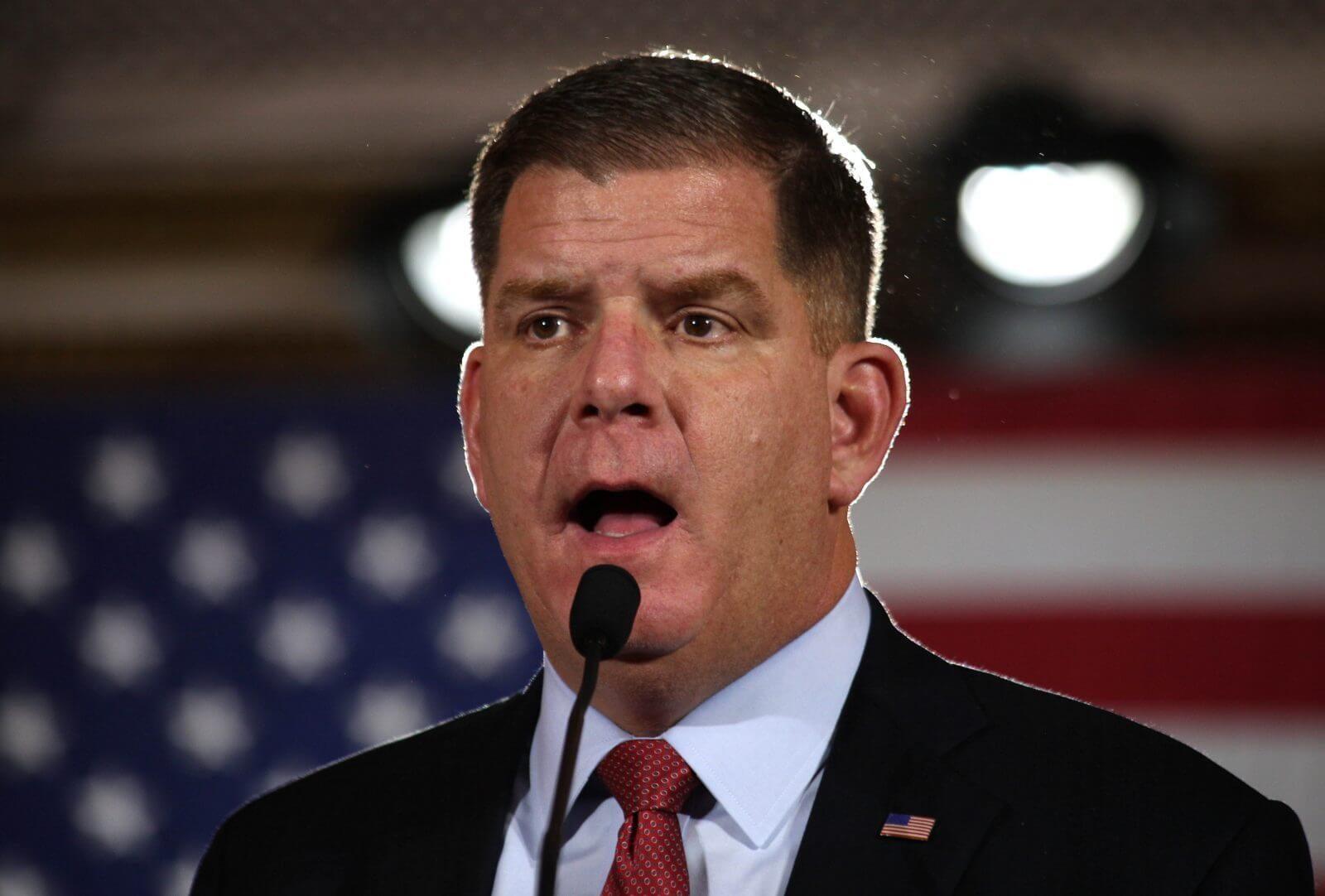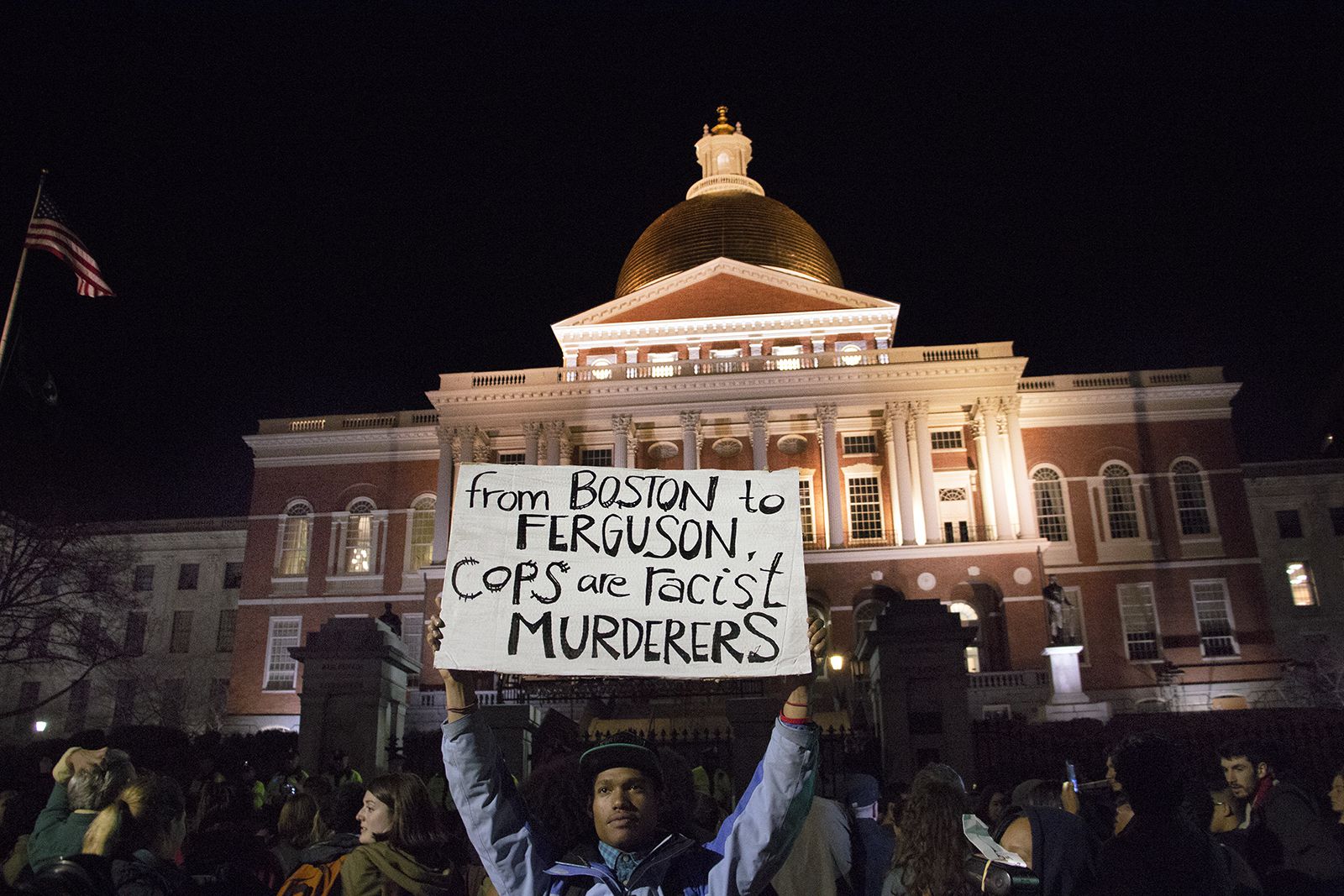The number of student veterans on campus is expected to increase with the passing of the Post 9/11 G.I. Bill, leaving many wondering whether colleges will be able to accommodate the influx of soldiers switching from battlefields to classrooms.
The new G.I. Bill, which passed in June, will cover the full cost of tuition and fees for in-state public colleges and universities. It will also give veterans a monthly housing allowance and up to $1,000 per school year for books and supplies, depending on how long the soldier served on a tour of duty. The new bill will go into effect next August.
The increase in educational benefits will lead to a 16 percent increase in military recruits and a 16 percent decrease in the reenlistment rate, provided soldiers take advantage of the improved education plan instead of choosing another tour of duty, according to a May 8 Congressional Budget Office report on the new G.I. Bill.
With more soldiers choosing to go to college under the new G.I. Bill, schools must make more effort to help veterans transition from the military to college so they will not be overwhelmed, Student Veterans of America Executive Director John Powers said.
‘They get to school and they get thrown around like pin balls,’ he said. ‘They have to go to admissions then to enrollment services, then to the [Veterans Affairs] certifying officials to get G.I. benefits.’
Many colleges are creating resource centers to help veterans successfully transition from military life to academic life. The UMass-Lowell Student Veterans Organization is developing a drop-in center that would be an important informational and community tool for veterans on campus, University of Massachusetts-Lowell Student Veterans Organization president Michael Peeples said.’
‘With the center, the school would automatically have a support mechanism for you,’ he said. ‘It’s vets helping vets.’
At the University of Massachusetts-Amherst, the Veterans and Service Members Association is establishing a military resource center where veterans can get help with any issues they might face, the association’s President Andrew Masciola said.
‘Guys can come and hang out with people who have experienced the same thing,’ he said. ‘They can hang out with us first and once they get used to it then they can go off and do whatever.’
Masciola said the center offers counseling services on top of information.
‘Some are coming back with issues like post traumatic stress, brain injuries or more conventional injuries, and we want a network in place to help with those issues,’ he said.
The University of New Hampshire created a ‘task force’ consisting of a veterans’ coordinator, an administrative office, a counseling center and a disabled student services office. The group aims to increase veterans’ awareness of on-campus services, UNH veterans coordinator Lonn Sattler said.
‘We are meeting together to put together a website and a veterans center to make sure they all know this stuff is accessible and increase the awareness of staff members on issues,’ he said.
All school departments must have all the information pertaining to veterans because most veteran students are unfamiliar with the college process, Sattler said.
‘In the military everything is so laid out and coordinated. It’s been practiced for 100 years, and there’s a network for everything you need: clothes, food, shopping, everything,’ he said. ‘You get out of the military, go home and you have to figure it all out on yourself.’
In Rhode Island, the Board of Governors for Higher Education is funding student veteran clubs at the three public higher education institutions to ease the transition into collegiate life, Board of Governors for Higher Education spokesman Steve Maurano said.
Rhode Island College Student Veterans Organization President Tom Gingerella said he has not yet felt the effects of the board’s efforts.
Gingerella said the veterans organization at RIC has been trying to create a resource center but has found the school is not proactive.
‘We’ve had three meetings with faculty and staff, and every meeting is like the first meeting,’ he said. ‘We are repeating the same stuff and not getting through.’
Gingerella said he hopes the increase in student veterans on campus will prompt the school to pay more attention to the group.
‘I don’t want to talk down about my school, but they don’t seem to get it,’ he said. ‘I feel like I’m just bouncing off walls. Just trying to get the organization some office space is next to impossible.’


























































































































Concerned Student/Vet • Aug 3, 2010 at 2:20 pm
Why is BU not mentioned once in this entire article?
Travis Stockton, VP of Rhode Island College Student Veterans' Organization • Aug 3, 2010 at 2:20 pm
As the VP of the Rhode Island College Student Veterans Organization, I can safely say that the RI Board of Governers for Higher Education does not fund the Student Veterans’ Organizations at Rhode Island College or any other college or university in Rhode Island.